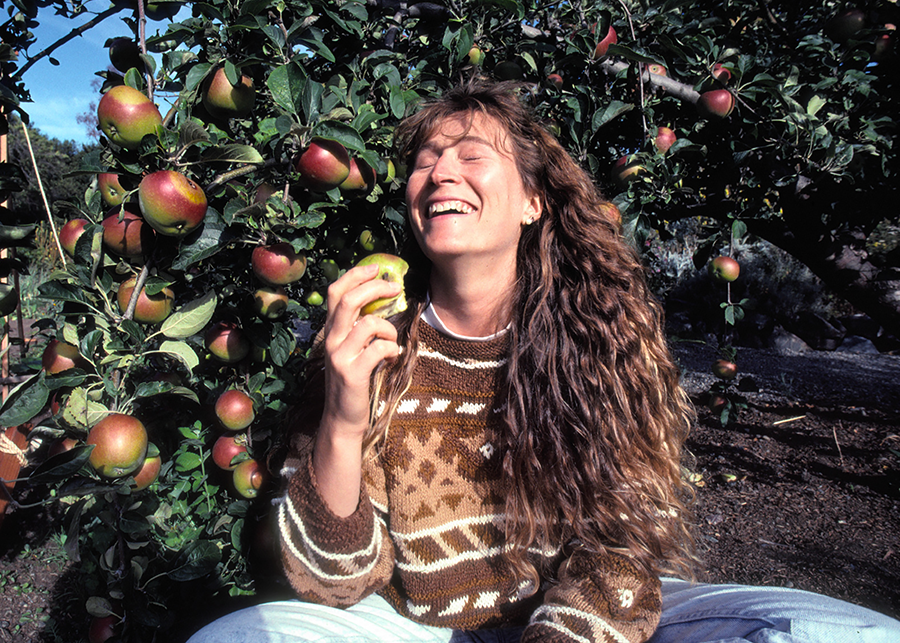The organic food movement exploded in the early ’80s after a representative from Berkeley’s Chez Panisse visited Bolinas with a peculiar request. As . . .
The organic movement’s pioneers tell their story in new documentary


The organic food movement exploded in the early ’80s after a representative from Berkeley’s Chez Panisse visited Bolinas with a peculiar request. As . . .